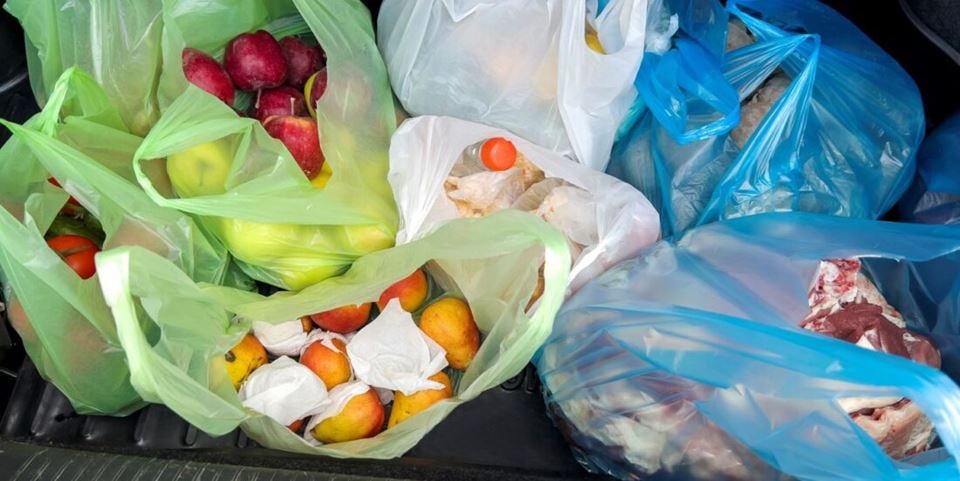A recent report shows that plastics in general contain as many as 16,000 different chemicals. But only very few of these are known to be safe. When we store food in standard grocery bags, we don’t know if the plastics contain harmful chemicals that can leach into the food, causing damage to our health in the long term.
The plastics in these bags are not investigated for chemicals for the simple reason that the bags are not designed for storing food.
“Some of the chemicals may be mutagenic, while others may be carcinogenic or impact on our fertility”, says Sørensen, who is a Senior Research Scientist at SINTEF Ocean. “We simply don’t know if they are safe”, she says.
However, Sørensen is able to reassure us when it comes to plastics that are specially manufactured for storing food. Both Norway and the EU operate with strict regulations governing what amounts of what chemicals are permitted for use in plastics that are designed for contact with our food. Her advice is that we should always use lunch boxes, bags and bottles that are specifically designed for food and drink.
If the plastic is approved to contain food it will carry the ‘food safe’ symbol – a label showing a wine glass and a fork.
Are you curious to find out more about food and plastics? Then why not listen to Lisbet Sørensen in the latest edition of the podcast series ‘Smart Forklart’ (Smart technology explained, in Norwegian). You will find it wherever you access your podcasts.


